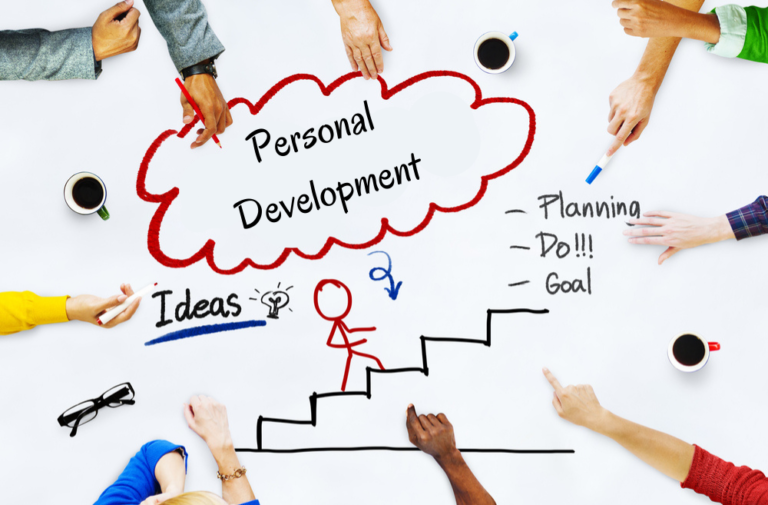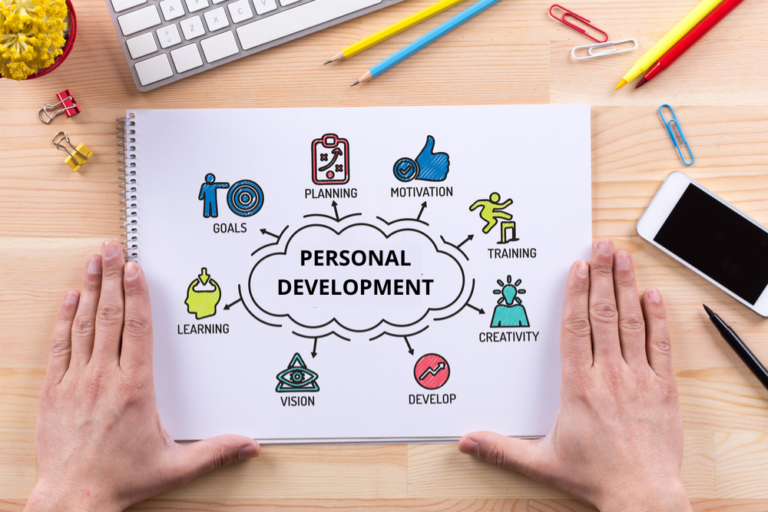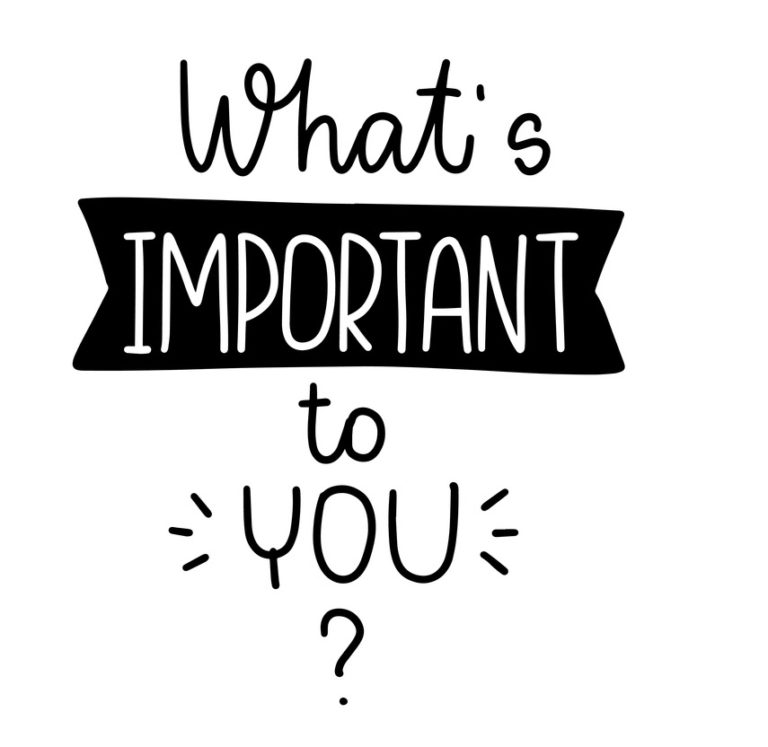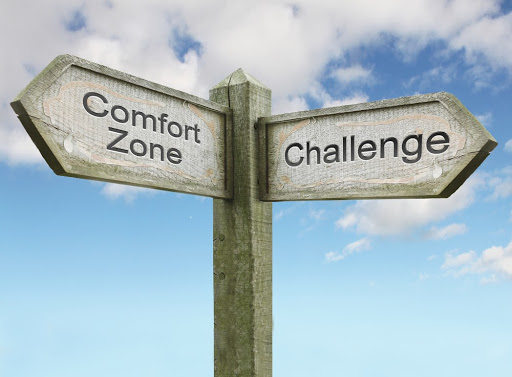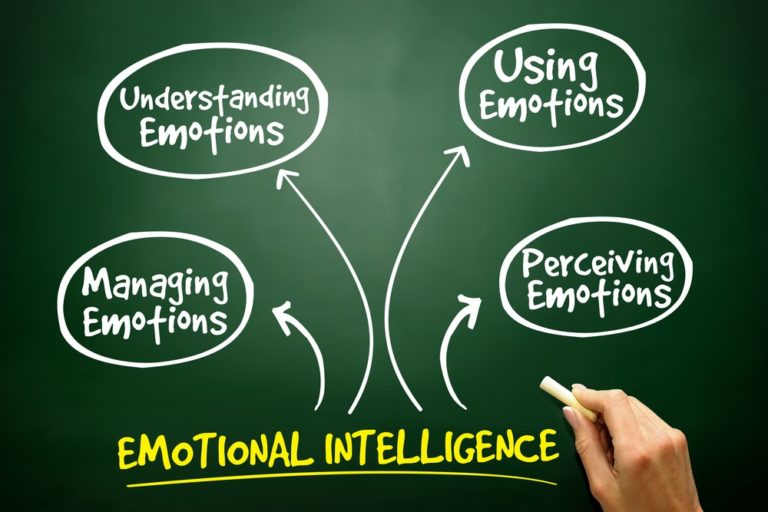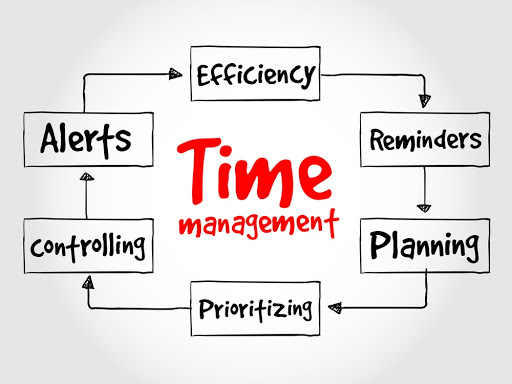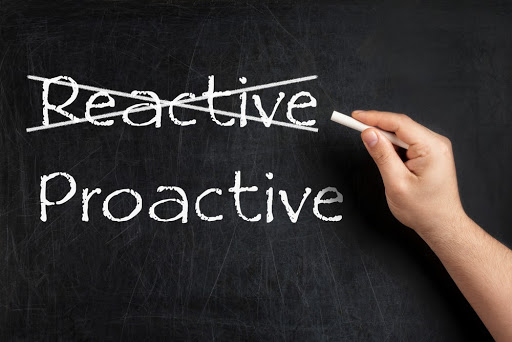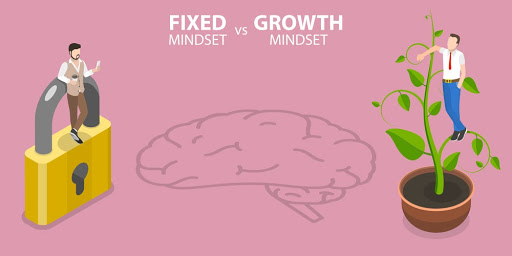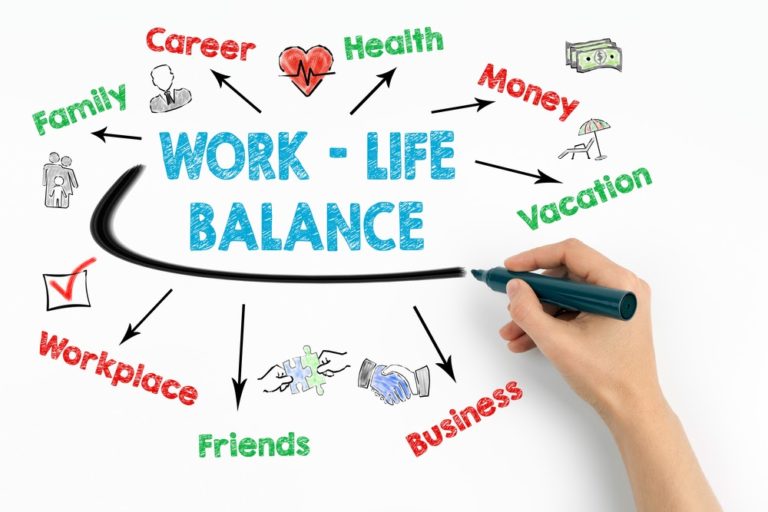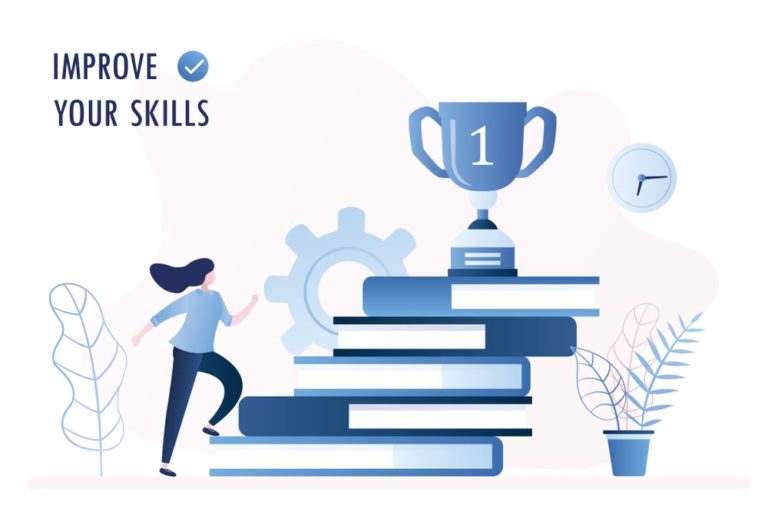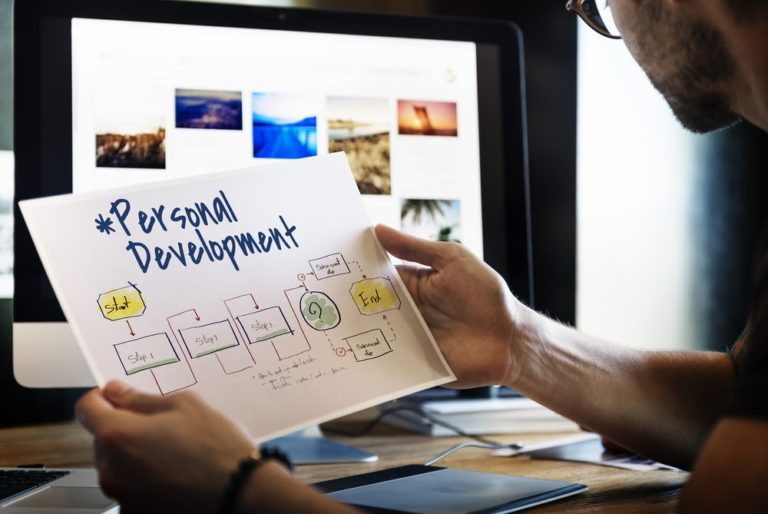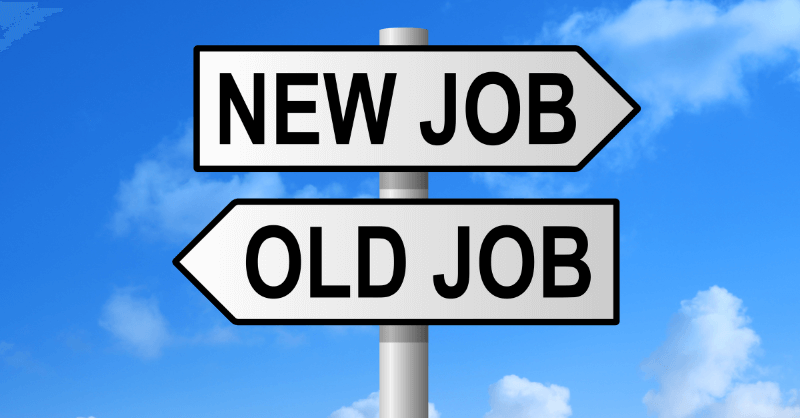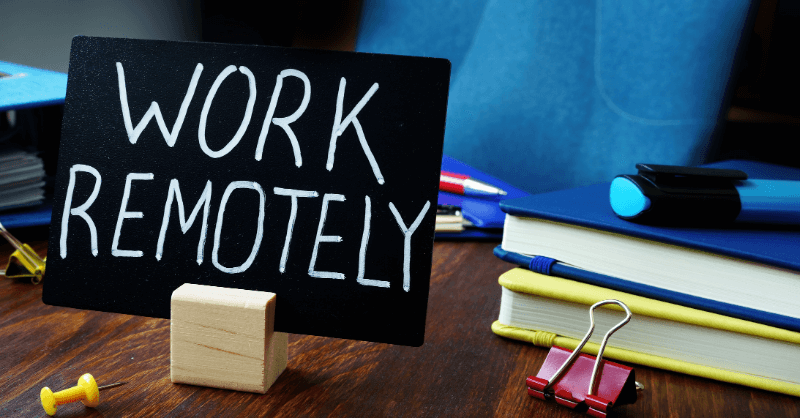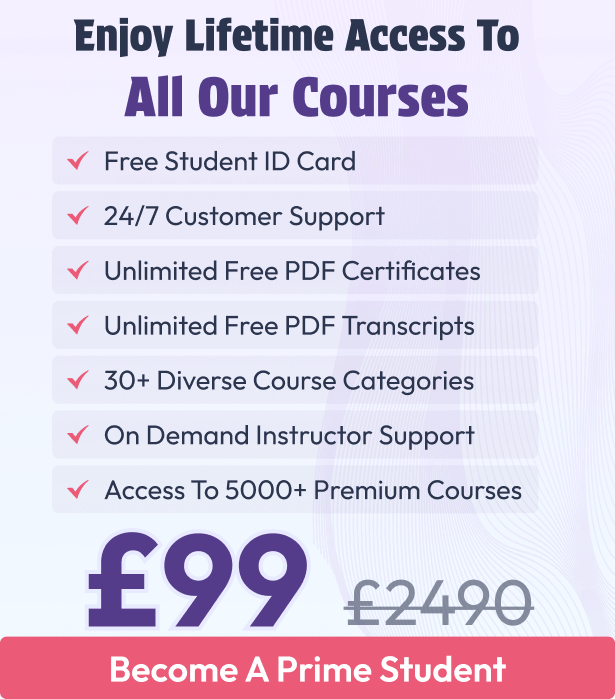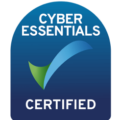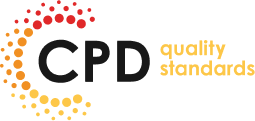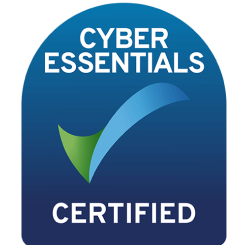A personal development plan is not just for the employers, employees or workers. It’s a process that should and can be undertaken by any learner to evaluate their learning process and plan for personal, educational and career development. Students are the backbone of any society. Therefore, they should have their personal development plans so that they can start their lifelong journey by learning new skills and continuous achievements. Below are some important reasons why students need personal development plans:
- To become more effective learners.
- For becoming more potent at reviewing and monitoring their progress.
- To recognise and express their strengths and weaknesses.
- To provide an insight into how their academic, personal and career development can relate to each other.
Some common examples of personal development plans for students may include:
1. Goal setting
A student must be aware of his or her personal values and life purpose. It’s vital to have the motivation and inspiration behind their goals. Listing short term goals to achieve long term goals can be quite helpful.
2. Self-awareness and assessment
A student must identify success-related competencies and the reasons for seeking a college degree or higher education. Knowing what goals to achieve and how to achieve them will make a student more aware and focused on his or her responsibilities. Having in-depth knowledge of career information will help a student to overcome potential challenges too.
3. Planning
Students must plan on whatever goals they want to attain, whether it’s a daily activity or a career plan. Start from the available resources to detail information on how resources and experiences will develop specific skills and knowledge both in academic and career field.
4. Exploration
It’s important for students to consistently research and identify realistic and informed academic or career goals. Having a thorough knowledge of career information and competitive majors will also help students identify alternate pathways to achieve their goals.
5. Evaluation
Students must analyse their academic progress in terms of advancement toward academic and career goals. Success and challenges both should be considered as learning sources. However, a student must know which action, decision and motivation lead to success and which are for overcoming challenges.
6. Transdisciplinary skills
Students need relevant skills which will help them to thrive and adapt in their career, challenges or in any situation. Transdisciplinary skills are a set of skills that can help students throughout their learning process within and outside the classroom. Common transdisciplinary skills include:
- Thinking skills
- Social skills
- Communication skills
- Self-management skills
- Research skills.
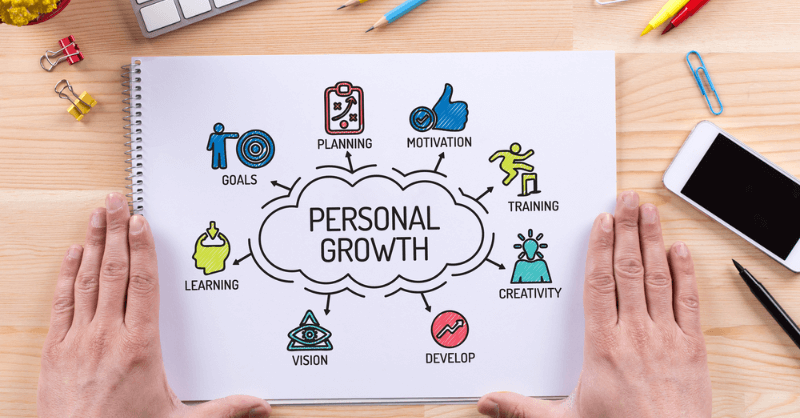

![]() 24 minutes
24 minutes

